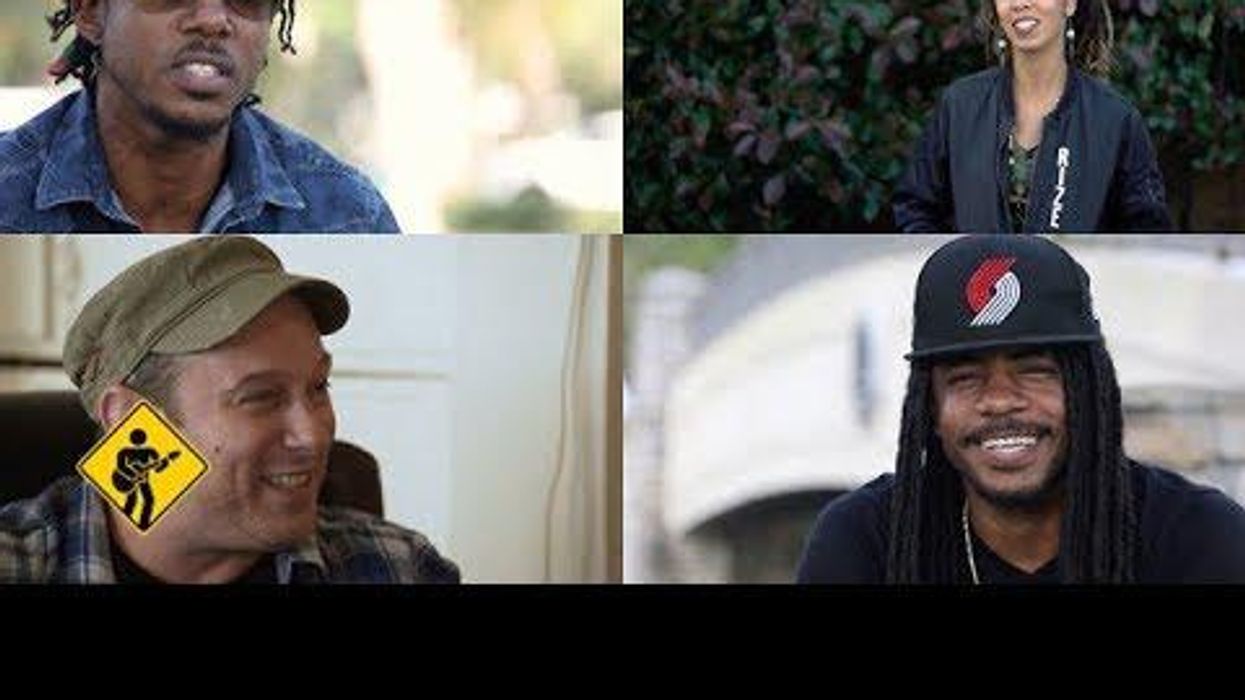The Fulcrum recently created a Pop Culture section based on our belief that coverage of culture can deepen the understanding of our differences and similarities, as well as discover our shared interests and common destinies. This can serve as a catalyst to help inspire people to work toward repairing and strengthening our democracy.
Our journey has included music of all types, poetry, dance, literature, painting and drawing, comedy, and drama that appeal to the human spirit — a spirit that expresses the joys, sorrows and harmonies of the heart and soul. This journey inspires us every day as we discover individuals and organizations who remind us of the connection between democracy and the arts.
One such organization is Playing for Change, created to inspire and connect the world through music. The founders of the project explain that the idea "came from a common belief that music has the power to break down boundaries and overcome distances between people."
A brief history of Playing For Change from their website explains:
Born in 2002 as a shared vision between co-founders, Mark Johnson and Whitney Kroenke, to hit the streets of America with a mobile recording studio and cameras in search of inspiration and the heartbeat of the people and now have the Playing for Change Band with musicians from around the world. These musicians come from many different countries and cultures, but through music they speak the same language. The PFC Band is now touring the world and spreading the message of love and hope to audiences everywhere.
Watch to this video and see if you feel the power of the positive message of the Playing For Change Band's message that "No matter who you are or where you come from, we are all united through music"
Email us at pop-culture@fulcrum.us to tell us what you think and offer other examples you have of people being united through music.




















Trump & Hegseth gave Mark Kelly a huge 2028 gift